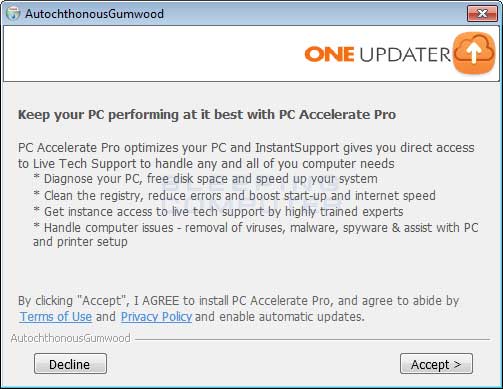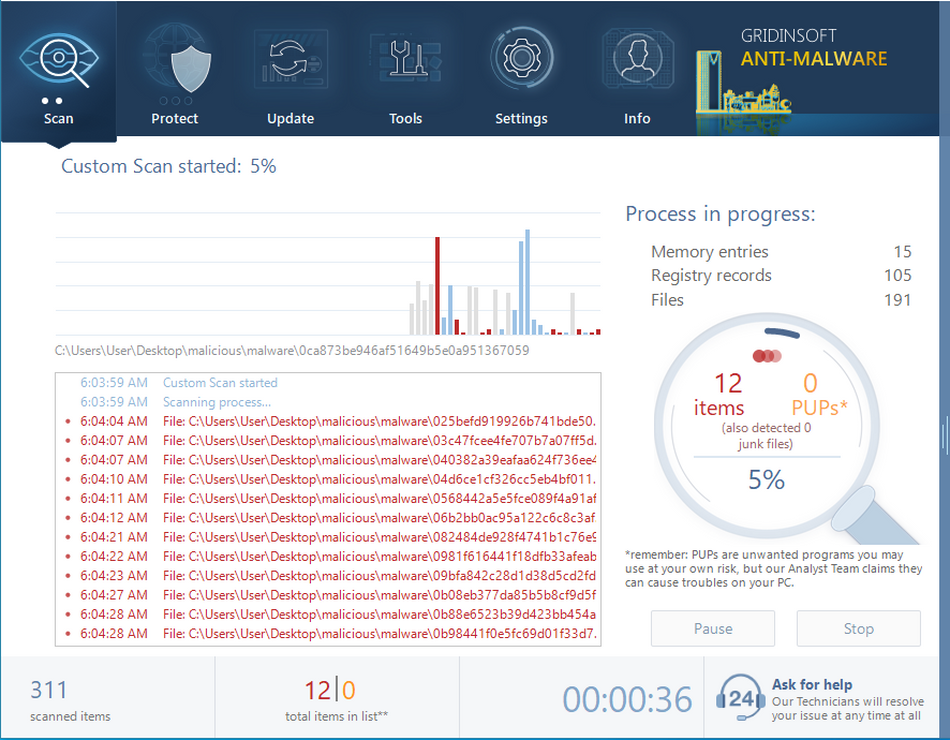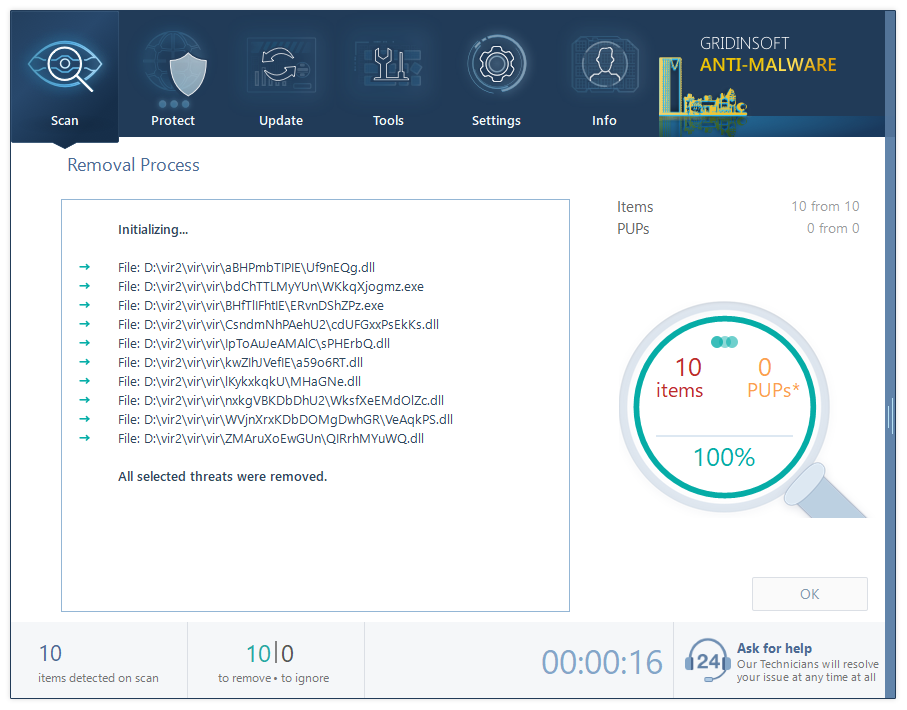AdsKeeper advertisements surround you, appearing in places where there were no ads before? That likely means that your computer is infected with adware – a kind of virus that is created especially to flood you with unwanted ads. In this post, you will see the guideline of unwanted AdsKeeper advertisements removal from your Chrome browser, as well as the description of several interesting features of this malware.
AdsKeeper adware details

The legit AdsKeeper logo
This adware mimics the AdsKeeper advertising platform, that is fully legit and offers personalized ads for the users. The original advertisements from this platform will likely contain the promotion of goods/services you searched for recently. However, the adware creators, who try to hide under the guise of legitimate ads, have no reason (and no ability) to show the personalized promotions. Hence, you may see the advertisements of the car parts shop, even if you have no car and never owned one.
And the fake AdsKeeper ads may appear even on the pages, where no ads are located by default, for example, on the web pages with the paid subscription, or online forums of game projects. They may easily be recognized by the “Ad by AdsKeeper” sign at the corner of the banner. The original sign is separated from the content and clickable, and you will be transferred to the AdsKeeper website, while the sign on the counterfeited banner is embedded in the picture, and clicking on its area will lead to dubious website opening or downloading of the unknown files. These characteristics are similar to another adware, that damages Chrome browser – Microleaves and y2mate.guru.

Sometimes, you may be offered to install a browser plugin, which has some unneeded functions, like saving the website to your disk, or converting the .docx files to .pdf ones. In fact, all of these plugins are the browser hijackers – viruses that change your search engine and browser start page, and also redirects all your searches1. These ads also may offer you to get the “ultimate, free and easy to use tool for photo editing”, or “windows optimization kit”. And no one knows what is inside of the executable file that is downloaded after clicking on such an ad.
How did I get the AdsKeeper adware?
There are a lot of ways of getting infected with this virus. However, in the majority of cases, the sources of AdsKeeper malware are dubious programs downloaded from the Internet. No one may guarantee that there are no bundled programs inside of the installation file of the program you are going to set up.

The example of bundle software installation
To avoid the installation of such programs, always check the installation windows for the buttons named “Advanced installation” or so. In the majority of cases, the ability to disable the installation of bundled programs will be located right under this tab.
How dangerous is this malware?
As with any other adware, this one is not able to deal heavy damage to your system directly. However, there is still a possibility that some of the fake AdsKeeper ads will contain malicious items. Of course, you will likely just skip all the ads it shows, but where is the warranty that you will not click the ad body unintentionally?
Also, beware of the cases when this malware is distributed through the trojan-downloader2. The last virus can be used as a gateway for much more serious malware, such as spyware, remote-access trojans or even ransomware. So, the less time this adware is active – the less the chances of getting infected with something much more harmful.
How to block and remove AdsKeeper from my Chrome?
The complication level of the removal process of AdsKeeper adware depends on the way it was injected into your PC. If you have got it as a part of the software bundle, or after clicking the advertisement, it is much easier to delete it. However, due to the changes it implements into the browser configuration, it may be a quite complicated process. So, I can offer you to use antivirus software to wipe out the malware and to reset your browser to original settings. GridinSoft Anti-Malware is a perfect solution for this case.
Removing malware from your computer with GridinSoft Anti-Malware



User Review
( votes)References
- More detailed information about the browser hijackers on Wikipedia.
- Detailed article about the trojan-downloader virus.





